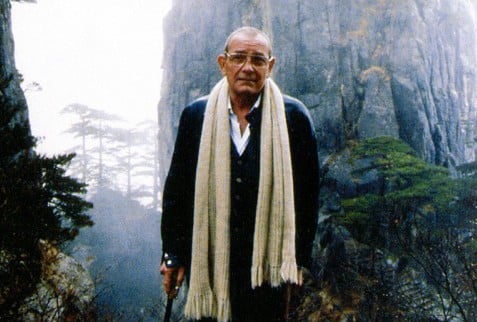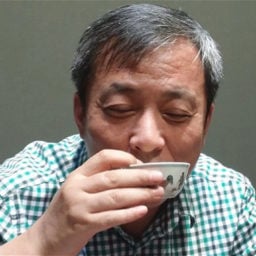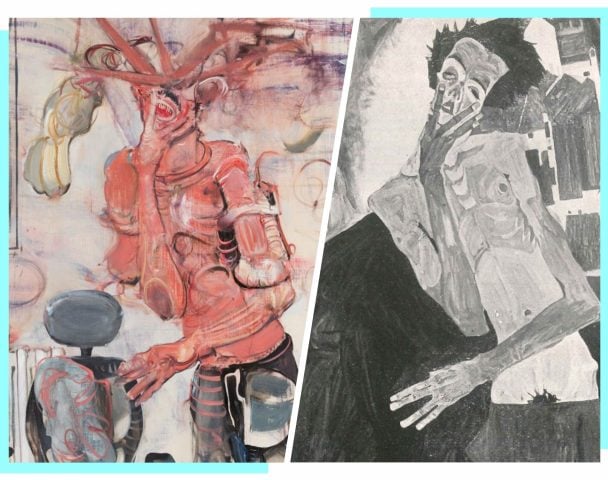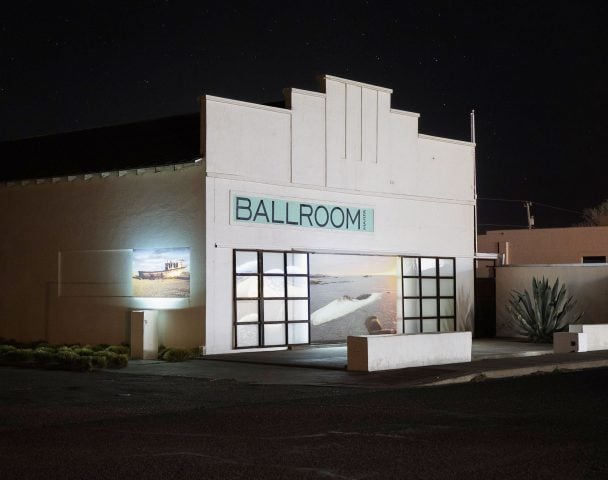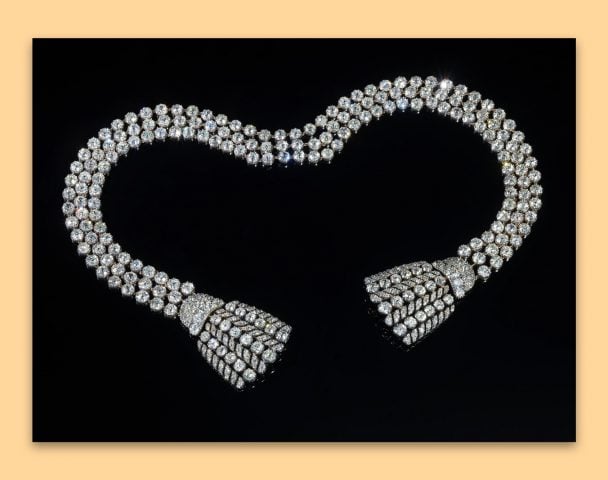Masahiro Hashiguchi, the preliminary executor of the estate of the late collector Robert Ellsworth filed suit on Monday in New York Supreme Court against attorney George L. Bischof and his firm for negligence in creating a charitable trust in Ellsworth’s will that has resulted in $25 million in taxes for Ellsworth’s estate.
Robert Ellsworth, one of the last connoisseur-dealers, noted for his legendary collection of Asian art, which included Ming dynasty furniture, Neolithic jades, and modern Chinese painting, died in August this past year (see Robert Ellsworth King of Ming, Dead at 85).
“He was known in the Asian art world for having a great eye and for being a connoisseur of Asian art at a time when collectors were few,” Melissa Chiu, then the director of the Asia Society Museum, told artnet News at the time of his death.
The suit could not have been better timed. Ellsworth’s collection hit the auction block this week at Christie’s (March 17–21) (See World’s Largest Collection of Asian Art to Hit Auction Block). The five-day sale includes such items as a rare 11th century Tibetan bronze figure of Mahasiddha estimated to sell for $1–1.5 million; an 18th “Chinese Landscape” painted in Japan by Soga Shohaku estimated to sell for $250,000–300,000; and a pair of George I silver-gilt candlesticks estimated to sell for $40,000–60,000.
All of the sale proceeds, a Christie’s representative told artnet News, will be directed back to Ellsworth’s estate.
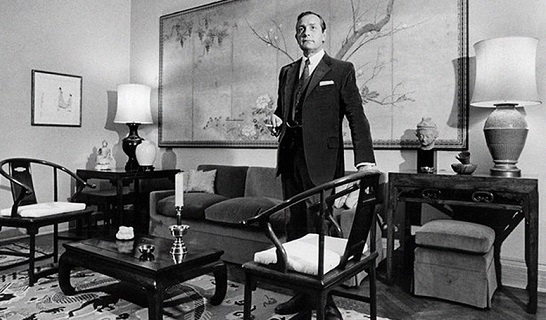
Ellsworth retained the attorney to draft and execute his will in 2010. The estate, which was, according to the complaint, worth roughly $110–150 million, was to be left to Hashiguchi, an adviser and long-time friend of Ellsworth, through a residual charitable trust.
As per the will drafted in 2010, Hashiguchi was to be paid outright the residuary estate. If Hashiguchi died before Ellsworth, six charities were named contingent beneficiaries. Those charities are the Metropolitan Museum of Art, New York University, Yale, Harvard, Western University of Danbury Connecticut, and the Royal Ontario Museum.
In 2013, a new will was drafted, the main difference being that the residuary estate was not left entirely to Hashiguchi but named Bischof as the sole trustee of the residuary trust.
The estate was left in the discretionary trust for the benefit of Hashiguchi for life, and after his death, the remainder of the estate would be dispersed to the named charitable organizations.
However, according to the complaint, the 2013 will was drafted “negligently and carelessly,” resulting in a trust that did not qualify for the federal estate tax charitable deduction.
But because the residuary trust “fails to qualify as a charitable remainder trust,” per the complaint, it fails to qualify for the federal estate tax charitable deduction, meaning there would be no estate tax charitable deduction for the interest that would pass to charity.
The estate will be required, the suit claims, to pay estate taxes above $25 million that it otherwise would not have had to pay.
Neither party in the lawsuit responded immediately to calls for comment.
